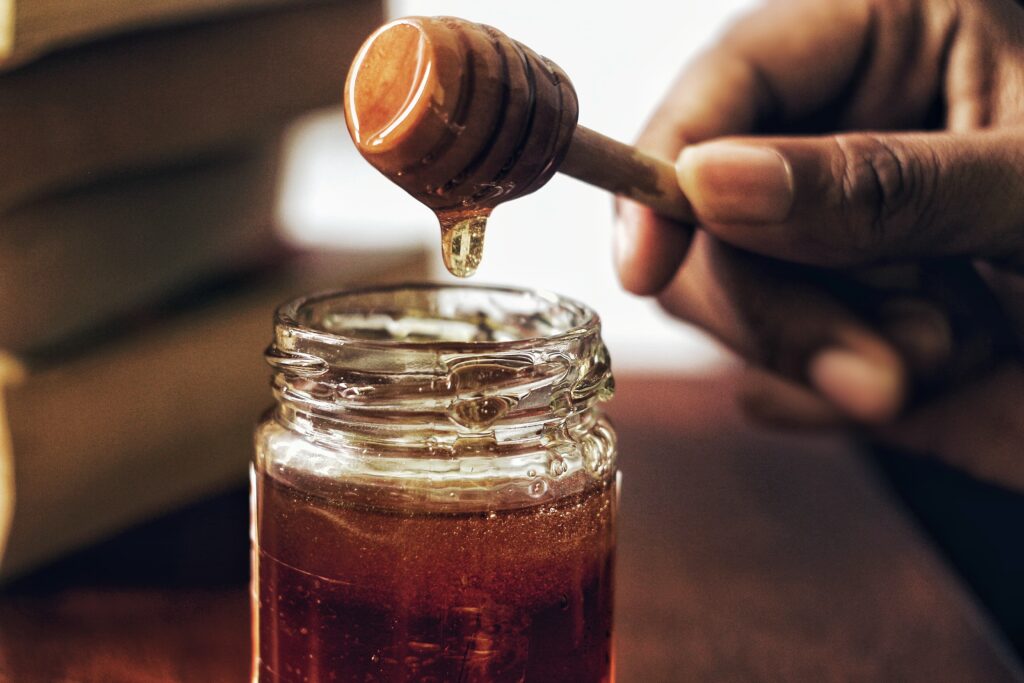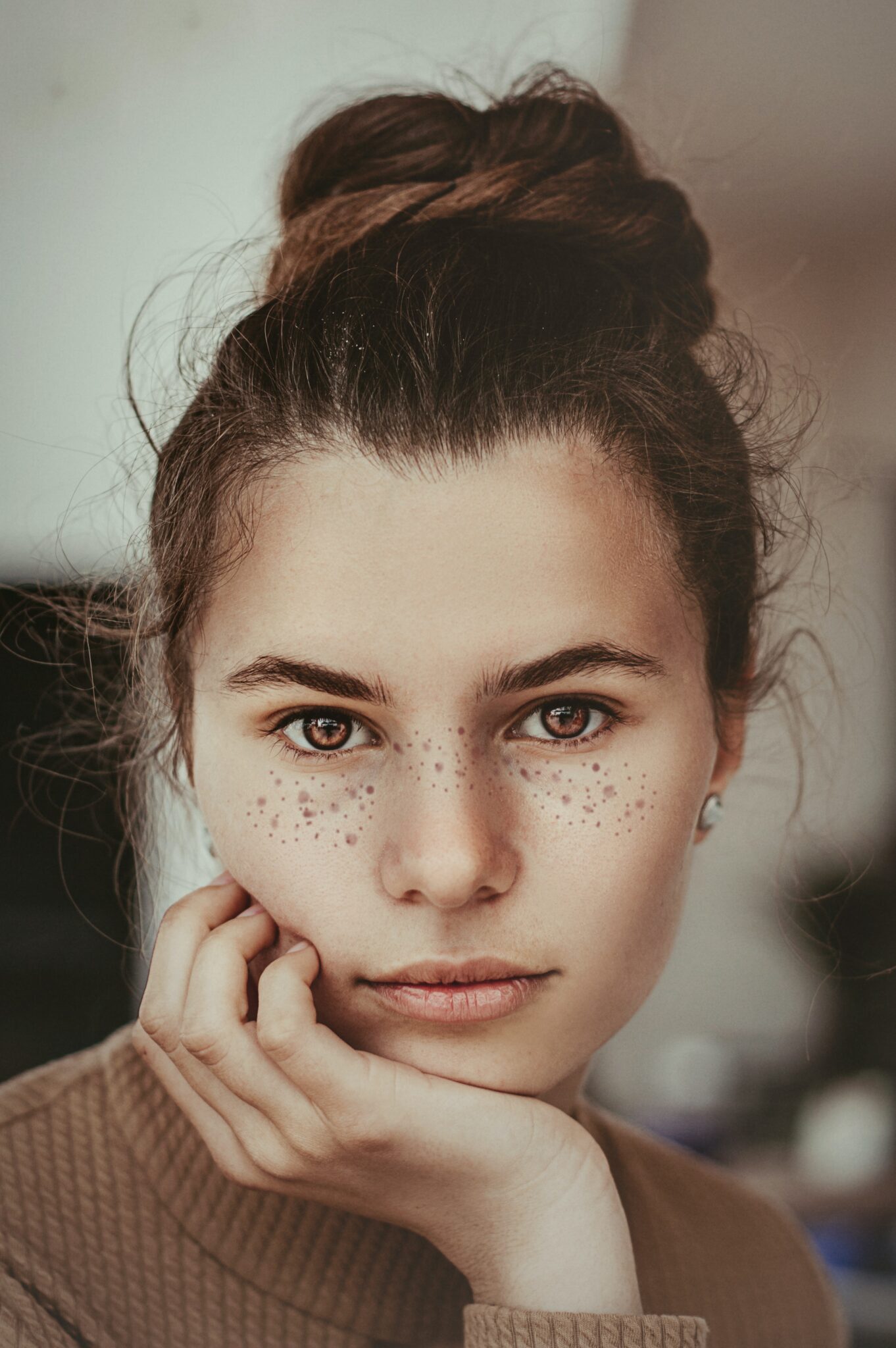
Reviewed by:
Nicole A. McCarthy, MD MSc

Reviewed by:
Nicole A. McCarthy, MD MSc

Acne
By: Narda
October 20. 2021
Acne (A. vulgaris) is a stubborn, long-term skin condition that happens when the pores in your skin get clogged with oil and dead skin cells, this causes tiny amounts of pus to accumulate under the skin, which causes irritation (redness) and inflammation. Although common in teenagers, it could affect anyone. Severe acne in adults could be an indicator of an underlying condition needing their physician’s attention.
Acne symptoms include blackheads, whiteheads, pimples, papules (raised areas of skin tissue), nodules (growth of abnormal tissue), cystic lesions (benign, round, encapsulated lacerations that contain fluid and move), and oily skin that could appear on the face, forehead, chest, upper back, and shoulders. Severe cases could cause scarring. Therefore, starting treatment in its early stages is very important.
It is estimated that some 80% of acne cases are primarily genetic. However, diet, stress, hormonal changes, infections, bacteria, inflammation, some medications, skin exposure to heavy oils, cosmetics and sometimes even climate changes, skin hygiene, or even cigarette smoking could be the cause. Telephones and cellphones, helmets and backpacks could also cause or aggravate acne. Since the pandemic started, there has also been mask-use-associated acne.
A tendency to clean or scrub the skin too hard could worsen this condition.
Here are some of the natural solutions you can use. Experiment with one at a time, and if you are following a medical treatment, consult with your physician before starting a new therapy.
What to do:
- Burdock Poultice
You will need one whole burdock leaf, ideal if fresh. Steam it to soften the leaf and then while still hot (as much as you can stand, taking care not to burn yourself) put it on the affected area. If you are making a poultice using dry leaves, soak them in hot water before applying; always test the temperature in your inner wrist to make sure you will not burn yourself.
Poultices draw blood to the infected area which combined with burdock’s antiseptic properties, will fight infection and will accelerate healing.
- Burdock and dandelion root decoction
Combine one ounce of chopped, fresh dandelion root and another of chopped, fresh burdock root with three cups of water and put to boil for 20 minutes; let it simmer. Once ready, strain and drink during the day.
Dandelion has diuretic effects, keep that in mind if you need to go out. Contrary to traditional diuretics, dandelion has a high content of potassium and will not deplete your body of this mineral.
If products are not found fresh, consider using dry products instead.
- Zinc
has healing and anti-inflammatory properties which could help reduce acne. Zinc is considered an indispensable nutrient important for cell growth, hormone production, metabolism, and immune function.
Zinc has been carefully and persistently studied with good results in acne treatment when taken orally. Reportedly, individuals with acne have lower levels of zinc in their blood.
Never exceed the recommended dose in the package, unless directed by your physician.
Zinc could cause bloating and diarrhea.
- Apple cider vinegar
Apple cider vinegar is known as a bacteria and fungi combatant and, therefore, effective when fighting acne as it also is an astringent and exfoliative that removes excess oil and waste from your skin.
Research has shown that apple cider vinegar can be an effective treatment against minor acne scarring and even prevent it. It is also used to reduce breakouts and treat uneven skin tone.
Apple cider vinegar can be used as a natural exfoliant, encouraging cell runover by shedding off damaged skin end encourage new cell growth. It has also been used to tighten up skin, making it look smooth and taut, minimizing the appearance of fine lines.
After cleaning the skin carefully, apple cider vinegar can be applied as a toner, cleanser, or spot treatment. Please keep in mind that it can irritate or burn your skin and should never be used without diluting it; the normal ratio is one cup of water to one tablespoon of vinegar.
As with other products, it is recommended that you test it in a small area first. Avoid eye area. Stop using immediately if you notice irritation on your skin or it stings. Never use apple cider vinegar on open sores, wounds or sensitive skin. Overuse could exacerbate dryness of the skin.
Don’t use apple cider vinegar if you are going to be exposed to the sunlight
Making your own apple cider vinegar toner:
- 1 tbsp organic apple cider vinegar with the mother
- 1 cup water
- 1 drop lavender essential oil or tea tree oil if you want to treat uneven skin color
- Combine all ingredients
- Transfer to a dark glass bottle
- Keep it away from the light and store at low temperatures
- This toner has a short shelf life, discard if you notice color or odor changes
What to do, Cont.:
- Honey and powdered cinnamon mask
Honey and cinnamon fight bacteria and reduce inflammation. Make sure the honey you buy is pure honey without sugar or water added. Although there are several known types of cinnamon, the one consider excellent is Cinnamomum verum (Sri Lankan or Ceylon).
Form a paste using two tablespoons of honey and one of powdered cinnamon, clean your face and apply the mask leaving for 10 or 15 minutes. Rinse off and pat dry your face.
Always test in a small place of your face or inner wrist before applying thoroughly. If itching or burning occurs, rinse of immediately.
- Tea tree oil
For topical use only and always, always, diluted. Users have reported better results than with products such as benzoyl peroxide, reporting less dry skin and irritation.
In some cases, when topical antibiotics have proven ineffective, tea tree oil has been a good alternative.
Apply diluted tea tree oil by dipping a cotton swab in a fresh mixture of 9 drops of water and 1 drop of tea tree oil.
- Green Tea
Known for its high content of antioxidants and polyphenols, green tea can be used orally and topically, and has reportedly been effective fighting bacteria, reducing inflammation and lowering blood sugar and insulin levels which all contribute to the development of acne.
Prepare green tea as indicated in our How To section and using a cotton ball, apply it to your skin while tepid wait a few minutes and rinse. You might want to enjoy a cup while waiting for it to cool off.
You could also prepare the tea, let it cool and put it in a spray bottle and apply then. Always wash you face a few minutes after putting green tea.
A mask can be made by soaking one tablespoon of dry green tea leaves in hot water, let it cool, add honey to make a paste and apply; leave it on for five to ten minutes. Rinse carefully and pat dry.
If you feel any discomfort while applying it, rinse it off immediately.
- Witch hazel
has strong antibacterial and anti-inflammatory properties which are beneficial to treat many skin conditions that include acne, dandruff, eczema, varicose veins, insect bites, burns and bruises.
How to apply: Bring together one tablespoon of dry witch hazel bark and one cup of water, allow it to soak for thirty minutes and bring it to a boil letting it simmer for ten minutes. Let it cool, strain and put it in a dark glass bottle.
You may apply this decoction twice a day.
If you experience any discomfort such as swelling of the mouth, tongue, or eyes; itchiness, faintness, difficulty to breath, tightness of the throat, with any of the products above, immediately contact emergency services.
- Creams containing at least five percent bovine cartilage and applied twice a day have been found beneficial.
- Hansen CBS 5926 brewer’s yeast, when taken orally, this yeast has helped decrease acne in some cases. It could make you gassy.

Extra tips
- In general, exercising, a healthy diet and regular exfoliation have proven to be great anti-acne warriors.
- Good, thorough, consistent skin hygiene should be a must
- Always be mindful of the eye area, making sure to avoid it when applying topical remedies
Share your results with us on Instagram



Photography by: Ayo Ogunseinde, Houcine Ncib, Jakayla Toney, Kenny Timmer, and Megan Bagshaw @ Unsplash
